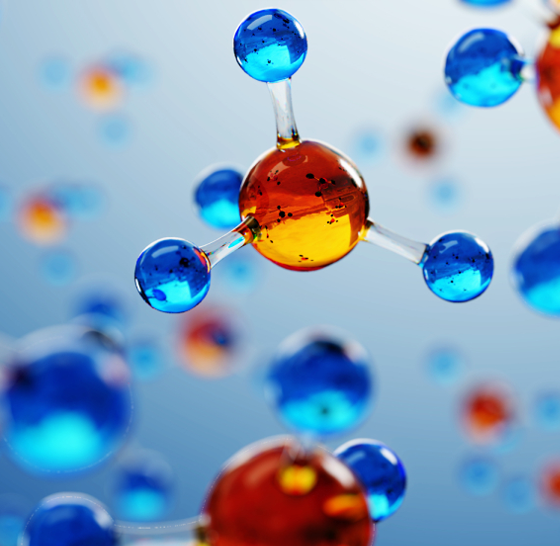Welcome to batteryChemicals.co.in, a dedicated division of Nova Interchem, where we innovate the future with sustainability by manufacturing premium battery-grade chemicals to fuel modern needs. We stand as a trusted leader in the field of chemical manufacturing, particularly in the battery industry. We have mastered the art of developing high-purity chemicals, which are used for producing lithium-ion batteries that power the future of electric vehicles, energy storage systems, and consumer electronics.
We deeply understand the performance, safety, and longevity of batteries rely on the quality of raw materials used. That’s why we are devoted to delivering the highest quality electrolyte solvents, lithium salts, and additives to clients all over the world and across various industries to make the future green. With the expertise of more than two decades, we never failed to deliver exclusive solutions formulated to meet the demanding benchmarks of next-generation EVs.
Our all battery chemicals are manufactured at cutting-edge facilities equipped with modern infrastructure and advanced technology. Each chemical goes under rigorous testing to fulfill industry-specific requirements and align with the automotive industry, such as ISO 9001, REACH, and RoHS. We are dedicated to providing from small-scale research needs to large industrial orders, powering the battery with trust, devotion, and reliability. Connect with us to get a dependable supply of battery chemicals backed by technical expertise, flexible logistics, and a customer-centric approach.


